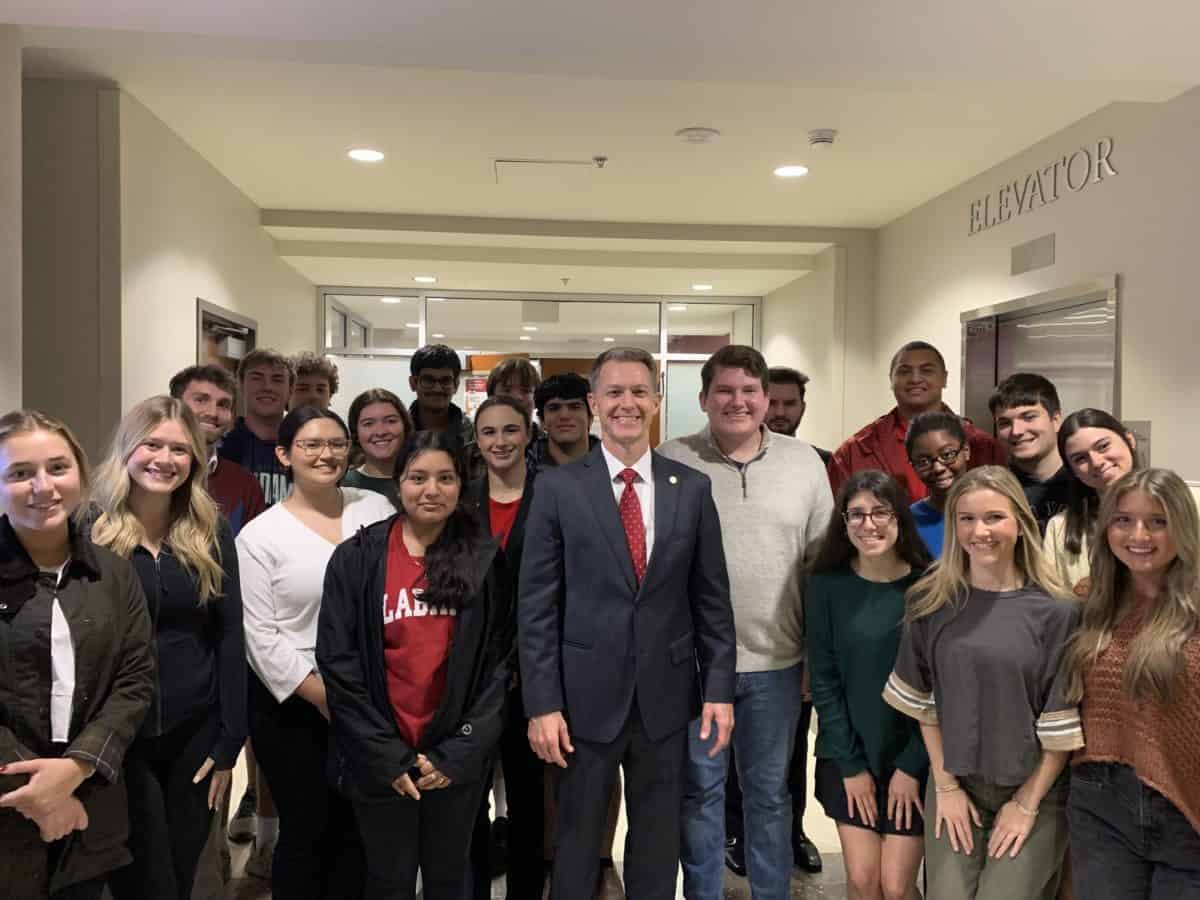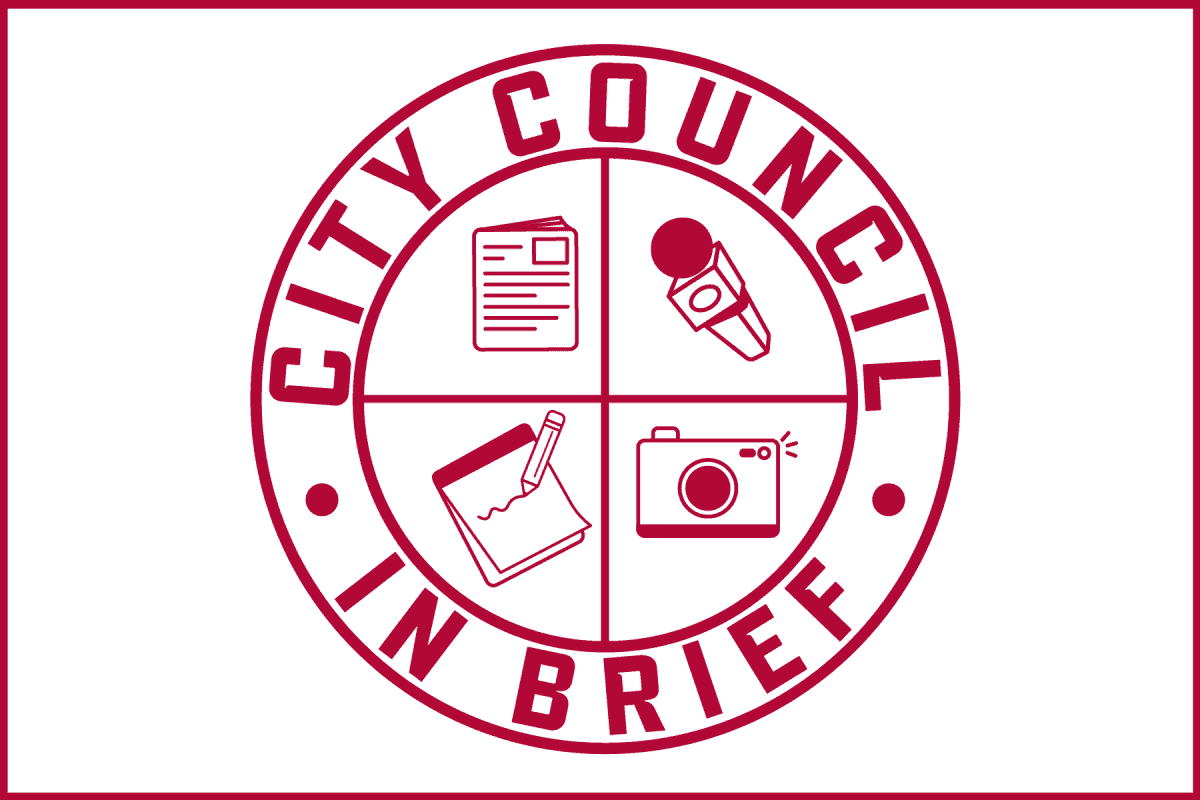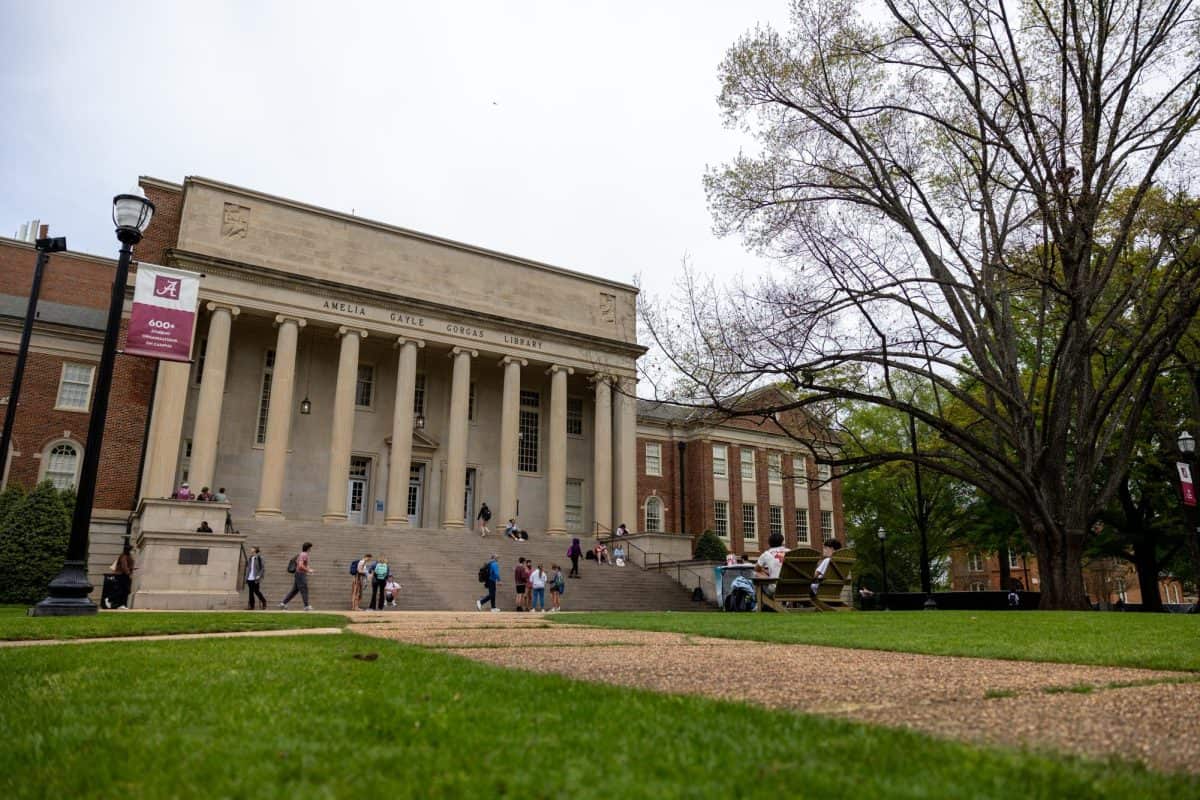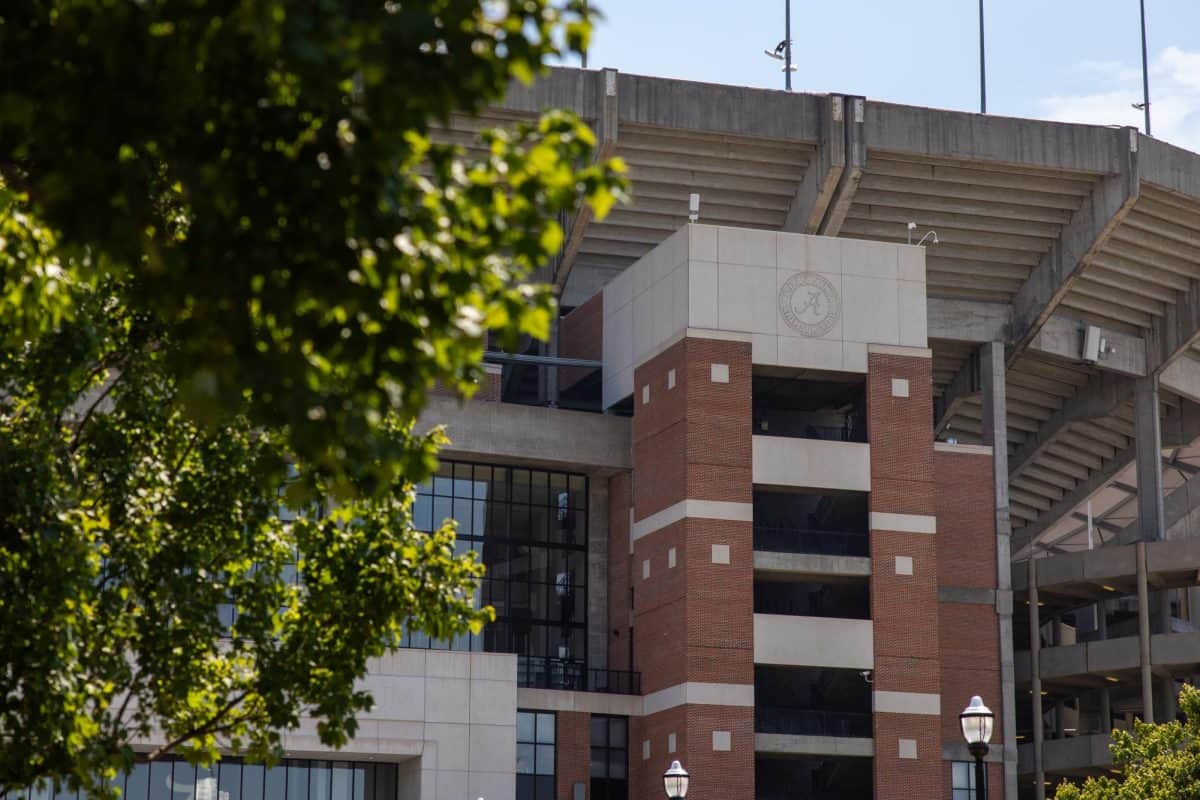The University of Alabama Graduate Student Association acts as an advocate and resource for all graduate and professional students on campus, and in recent years, the association has been influential in lobbying for health care for graduate assistants, reform of parking policies and equity in campus dining options.
Robert Herron, GSA president, said it is hard to gauge all student feelings because graduate students are spread out across campus and academic disciplines.
“Each college and department treats us all so differently,” Herron said. “Some students do feel overlooked. However, we as graduate students are partially to blame for that. Graduate students do not fill our SGA senate seats. We represent about 20 percent of the student population, but also earn 33 percent of the diplomas granted by The University of Alabama. We, like all students, have to take responsibility in recognizing that things do not change overnight, and people have to be willing to put in the time and effort to keep improving.”
(See also “Conference hosts graduate students’ research presentations“)
Herron said there are many undergraduate student options that aren’t offered to graduate students. He said these issues include financial support, parking, housing, academic resources, student-to-teacher ratios, athletic tickets, job prospects, social opportunities, evolving job requirements and debt.
Lindsey Smith, a graduate student studying political science, said graduate students have to work to find supportive environments in their individual departments.
“As a graduate student, there is a real need to develop different types of community for supportive conversations for students,” Smith said. “As a graduate student you are in a weird place, especially a year or two after you begin. It is so important that the department you are in encourages community building events.”
(See also “Graduate journalism students win research awards“)
Matt Whitman, a GSA executive committee member, said the group has launched five subcommittees in the past year to discuss issues related to housing, health, networking, parking and technology.
“[These committees explore] access to and affordability of graduate student housing, expansion of and communication about graduate student health insurance as well as campus health issues, such as access to care and services, availability of networking opportunities for graduate students, availability of parking spaces specifically to graduate students and access and availability to technology for graduate students,” Whitman said.
Joseph Meany, another GSA executive committee member, said GSA seeks to fill the gaps that graduate students might not be able to address as individuals.
“Graduate students’s interests and cares are as varied as the backgrounds they come from,” Meany said. “Graduate students as individuals have a lot of responsibilities on their plates and don’t often have time to look around at their situation and actuality.”
Meany said he thinks the needs of graduate students and their families’ need to be kept in mind as the University grows and changes.
(See also “Officials, students discuss reform“)
“We also aim to improve this lifestyle by seeking areas of improvement that aren’t necessarily problematic yet,” Meany said. “Making it easier to find housing off-campus, tackling opinions on parking or getting graduate parents as socially involved as their single peers, are all areas of interest that the GSA focuses on through its network of committees and connections to other campus groups.”
Although academics is a big part of graduate students’ experiences, Smith said finding supporting programs is also a significant part of being succesful.
“It should not just be about academics, but about supporting students to facilitate professionalization in their respective fields,” Smith said.
Herron said recently the group has made tremendous strides in getting involvement from all of the graduate program departments.
“With the help of the graduate school, we have made progress in getting graduate student representation on most all campus committees and hope our ‘Town Hall’ format can keep the dialog going,” he said.








